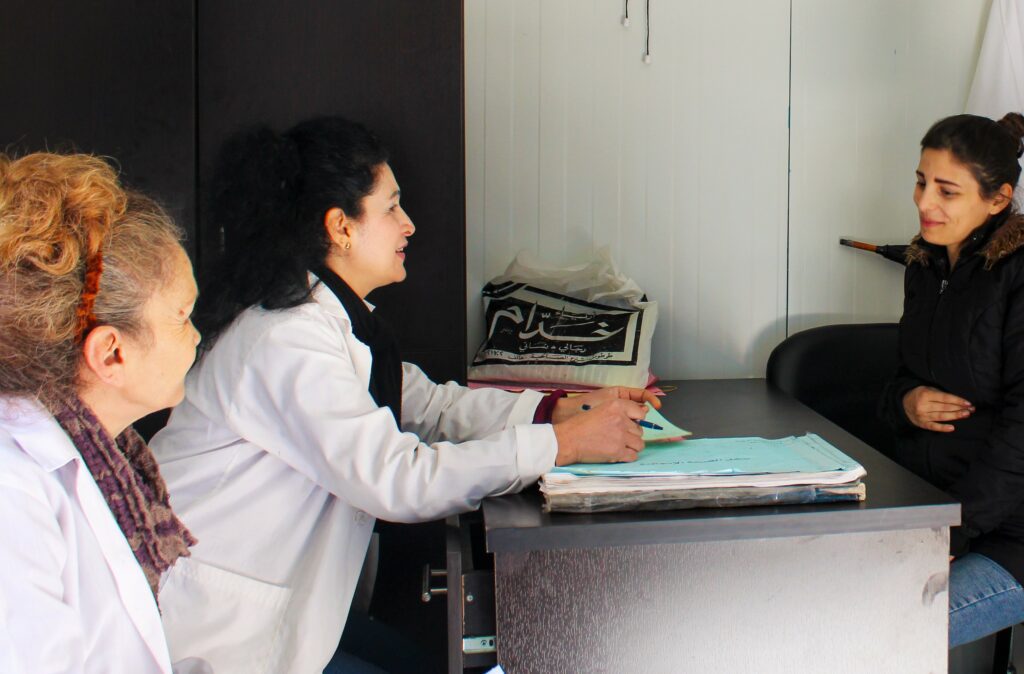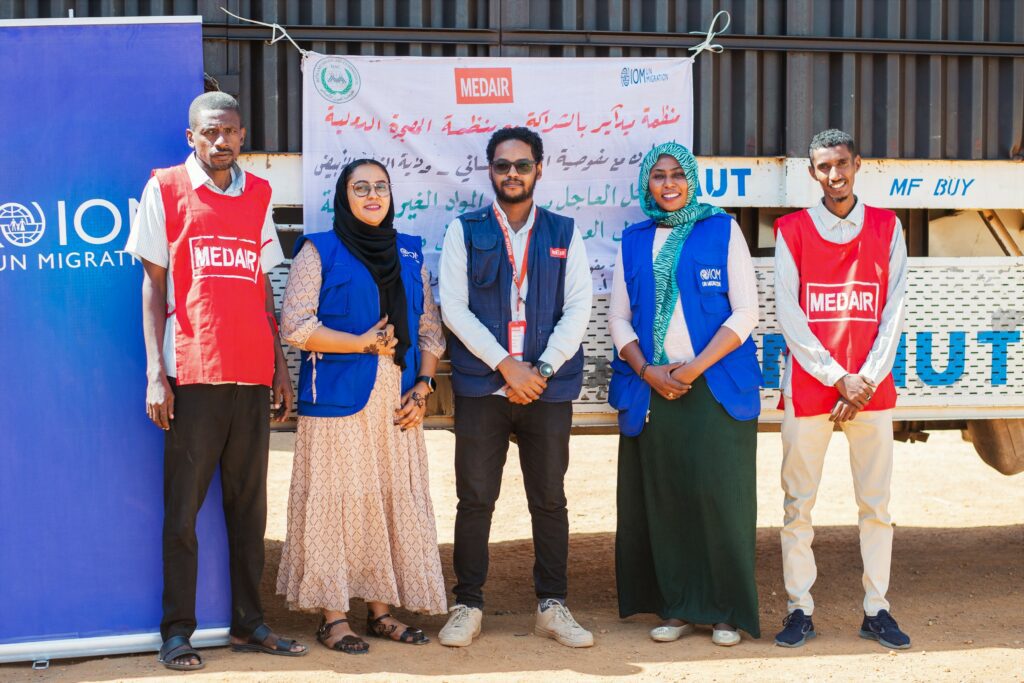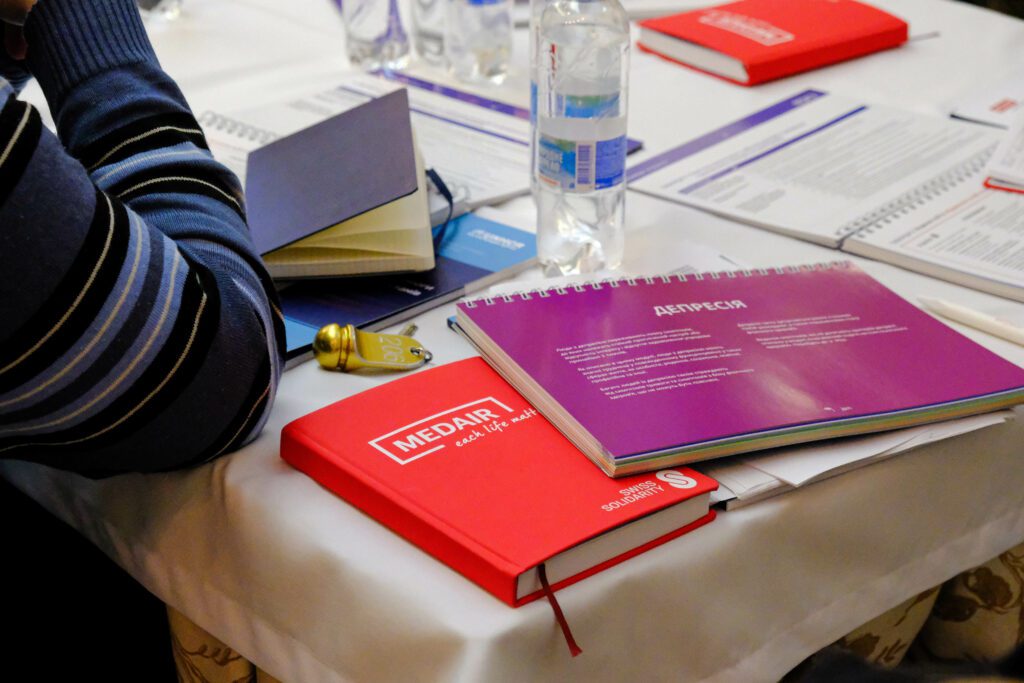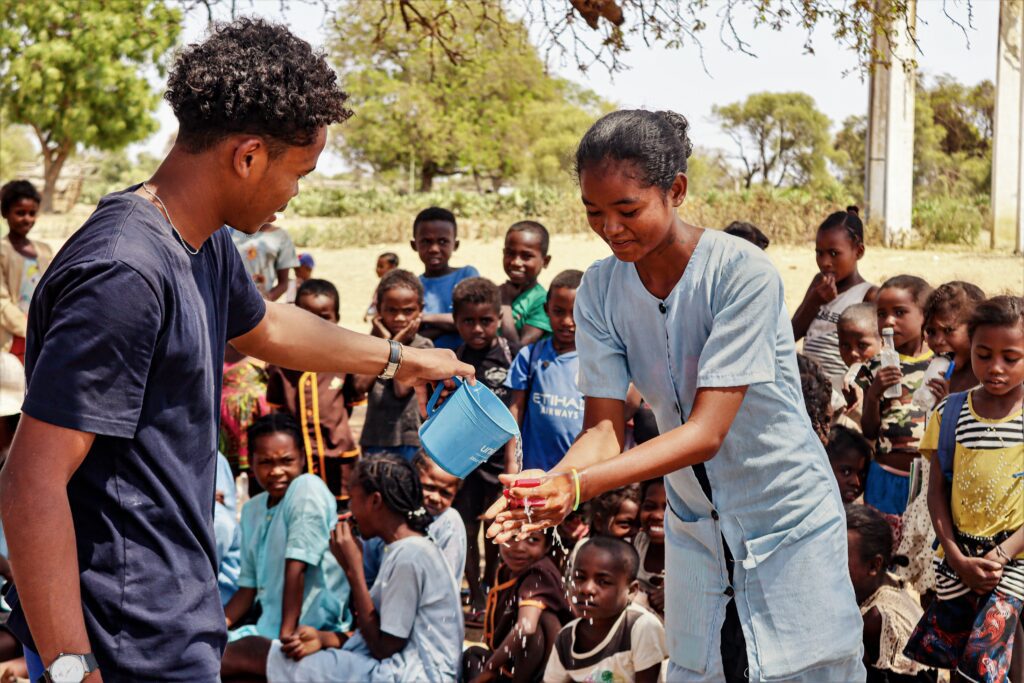Last year the World Health Organization and UNICEF reported that the number of children receiving regular childhood immunizations was falling as a result of the COVID-19 pandemic. This, the agencies warned, had the potential to reverse years of hard-won progress against vaccine-preventable diseases.
In Lebanon, that decline was further complicated by a myriad of compounded crises: political turmoil, an explosion in Beirut, the pandemic, and an economic downturn. Lebanon’s Ministry of Public Health recently reported that there has been a 47 percent decrease in the number of children receiving regular childhood immunizations against illnesses like polio or measles since the start of the pandemic.
In partnership with UNICEF and their partner, Medair is supporting primary health care centres in the south of Lebanon by providing key childhood immunizations – free of charge.
In Lebanon, our team spoke to Farah, our Health Project Manager in Zahle, about the project.
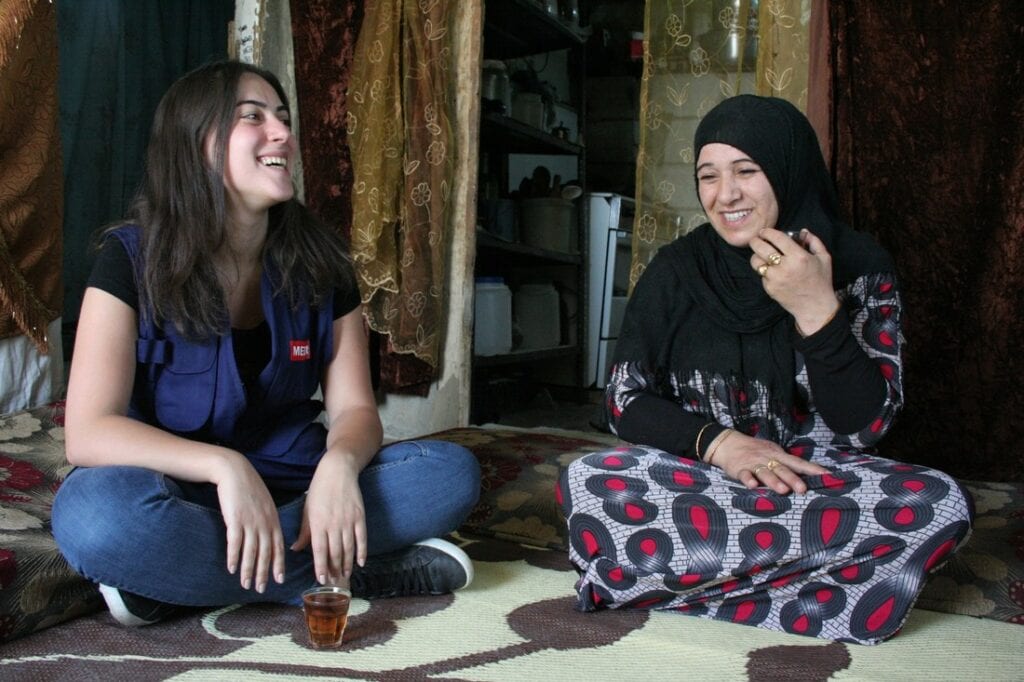
Health Manager Farah, is Health Manager for the immunization project in the south of Lebanon.
How will Medair and UNICEF support the primary health care centres throughout this project
‘We will be supporting the health clinics in two different ways that go hand-in-hand. First of all, we’ll provide the vaccinations free of charge, which will help increase routine immunization uptake. Second of all, our teams will be conducting awareness and education sessions in the communities we serve, promoting the importance of routine vaccinations for children and sharing information about the locations where they can receive them.’
How did we select theprimary health centres that we are supporting in the south of Lebanon?
‘The clinics were selected based on an assessment done by the Ministry of Public Health and UNICEF in order to see which locations had the highest dropout rates or defaulters of children from the vaccination programme. The locations where we are now working – in Tyre, Nabatieh, and Saida – were shown to have the highest numbers of dropouts.’
Can you tell us a bit about how you’re going to work with the families of the children who haven’t completed their routine childhood immunizations?
‘We will work with the Ministry of Public Health and UNICEF to determine which families in the area defaulted from the routine immunizations. We will get in contact with each family and set up a household visit – whether that be in an informal tented settlement, in an unfinished building, or in their house – and meet with them to understand their reasons for not completing the routine childhood immunizations. We will then discuss the importance of vaccinations with each family, and raise awareness about the importance of completing these routine childhood immunizations. We will also be reaching out to pregnant women who are near to their due date and meeting with them to discuss the importance of vaccinations for their new-born baby as well.’
‘I should add that we will be doing everything we can to prevent the transmission of COVID-19 during family visits and in all of our supported health centres. We are donating Personal Protection Equipment (PPE) to the centres and the community health volunteers in order to ensure their safety, the safety of our colleagues, and the safety of the people we serve.’
Why is this project important?
This project is very important because we need to promote the availability of safe, free vaccinations in health centres during this pandemic. We are trying to prevent disease outbreaks caused by vaccine-preventable illnesses and help ensure that the children being vaccinated can go on to live a long and healthy life. This is why it is important to increase the number of children being vaccinated.
This immunization project is being implemented with UNICEF and their partner Al Waleed Philanthropies. Health clinics in the Bekaa Valley are supported by Global Affairs Canada in partnership with Tearfund Canada. Psychosocial support activities are funded by the European Union ‘Madad’ Trust Fund.


